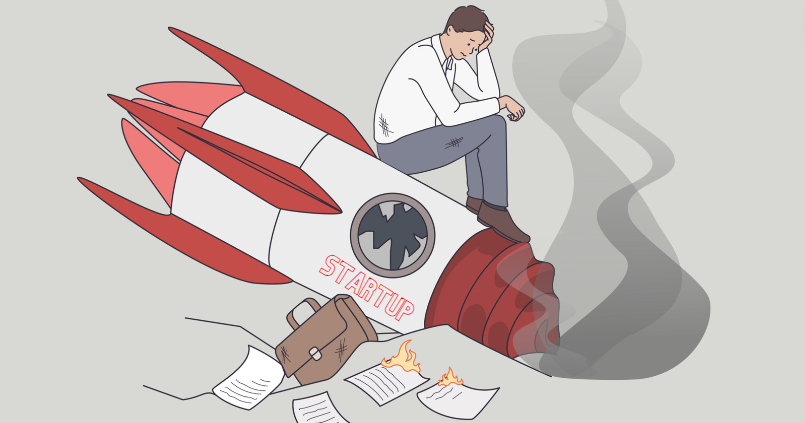Daryl is currently an Investor at Trihill Capital, investing in early-stage startups across South-East Asia & Founder of The Next Batch.
He was previously at Hypotenuse AI (YC S20) and Deskimo (YC S21), wearing multiple hats across Growth, Product, Partnerships, Marketing and Analytics.
Guest Author: Daryl Lim
💢 The Hardest Lessons for hashtag#startups to Learn
1. Release Early
Even if you had no users, it would still be important to release quickly, because the initial release acts as a shakedown cruise. If anything major is broken – if the idea’s no good / founders hate one another, the stress of getting that first version out will expose it & if you have such problems you want to find them early.
It also makes you work harder. When you’re working on something that isn’t released, problems are intriguing. In something that’s out there, problems are alarming. There is a lot more urgency once you release. And I think that’s precisely why people put it off. They know they’ll have to work a lot harder once they do.
2. Keep Pumping Out Features
As with exercise, improvements beget improvements. If you run every day, you’ll probably feel like running tomorrow. But if you skip running for a couple weeks, it will be an effort to drag yourself out. So it is with hacking: the more ideas you implement, the more ideas you’ll have.

This is not just a good way to get development done; it is also a form of marketing. Users love a site that’s constantly improving.
3. Make Users Happy
Improving constantly is an instance of a more general rule: make users happy. One thing all startups have in common is that they can’t force anyone to do anything. They can’t force anyone to use their software, and they can’t force anyone to do deals with them. A startup has to sing for its supper. That’s why the successful ones make great things.
4. Fear The Right Things
What you should fear, is not the established players, but other startups you don’t know exist yet. They’re way more dangerous than Google.

Looking just at existing competitors can give you a false sense of security. You should compete against what someone else could be doing, not just what you can see people doing. A corollary is that you shouldn’t relax just because you have no visible competitors yet. No matter what your idea, there’s someone else working on the same thing.
5. Commitment Is a Self-Fulfilling Prophecy
Running a startup is like walking on your hands: it’s possible, but it requires extraordinary effort. If an ordinary employee were asked to do the things a startup founder has to, he’d be very indignant. Imagine if you were hired at A big company & in addition to writing software 10x faster, you had to answer support calls, administer the servers, design the web site, cold-call customers etc.
And to do all this not in the calm, womb-like atmosphere of a big company, but against a backdrop of constant disasters. That’s the part that really demands determination. In a startup, there’s always some disaster happening.

You have to be the right kind of determined, though. Determined > stubborn, as stubbornness is a disastrous quality in a startup. You have to be determined, but flexible, like a running back.
Adapted from PG’s 2006 talk at hashtag#YC Startup Sch
What’s the hardest lesson you faced?









